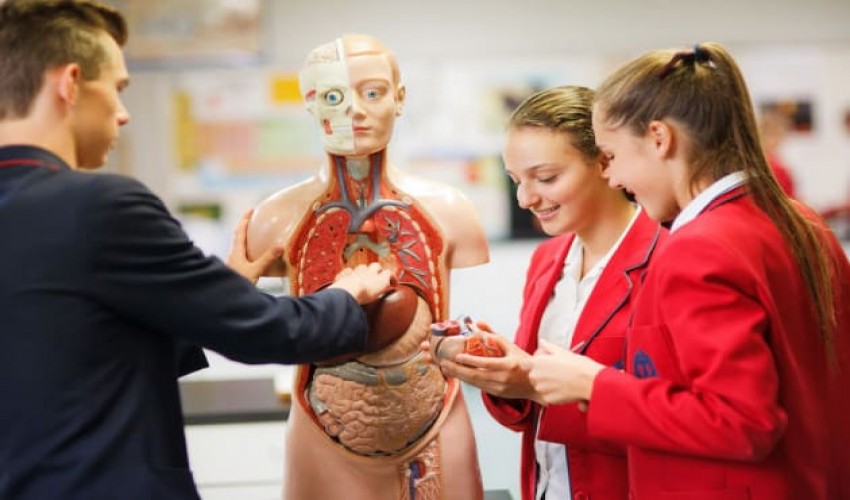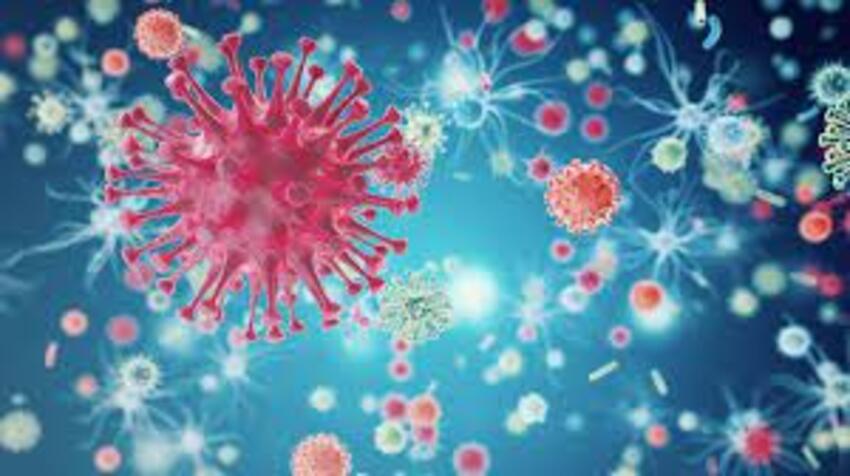
Human physiology
Human physiology seeks to understand the mechanisms that work to keep the human body alive and functioning, through scientific enquiry into the nature of mechanical, physical, and biochemical functions of humans, their organs, and the cells of which they are composed. The principal level of focus of physiology is at the level of organs and systems within systems. The endocrine and nervous systems play major roles in the reception and transmission of signals that integrate function in animals. Homeostasis is a major aspect with regard to such interactions within plants as well as animals. The biological basis of the study of physiology, integration refers to the overlap of many functions of the systems of the human body, as well as its accompanied form. It is achieved through communication that occurs in a variety of ways, both electrical and chemical.
Changes in physiology can impact the mental functions of individuals. Examples of this would be the effects of certain medications or toxic levels of substances. Change in behavior as a result of these substances is often used to assess the health of individuals.
Much of the foundation of knowledge in human physiology was provided by animal experimentation. Due to the frequent connection between form and function, physiology and anatomy are intrinsically linked and are studied in tandem as part of a medical curriculum.
- Conservation of Matter
- The energy in Human Systems
- Endocrine System
- Environmental Physiology
- Haematological Tests
- Microbiology
- Nervous System
- Nerve Muscle Physiology
- Human Experiments
- Renal Physiology
- Reproductive Physiology
- Sensory Physiology
- Work and Sport Physiology
Recent Published
Submit Manuscript
To give your manuscript the best chance of publication, follow these policies and formatting guidelines.


